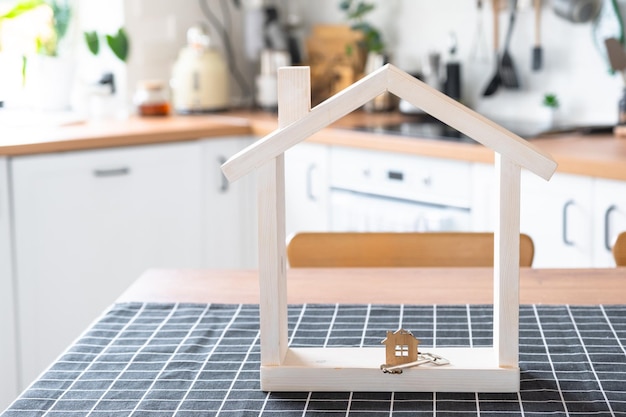
I never imagined I’d buy a property outright with cash. Now, this has become my second time doing so. Fresh out of college, I had $25,000 in savings, thanks to numerous student jobs and the French system’s affordable tuition. I hoped to use this money as a down payment for an apartment, but with my work contract ending and plans to travel the world for a year, the bank wasn’t thrilled about giving me a loan.
With $25,000 saved, I began searching to see what I could afford. If I wanted something near Paris, my options were nearly nonexistent. The best I could find was a 20-square-meter studio in one of the worst neighborhoods, about 15 miles from the city center. I was overly optimistic, largely due to not doing enough research and trusting the realtor too much.
The realtor claimed the neighborhood had hit rock bottom. What was once a working-class area was now overcrowded with illegal migrants. However, he assured me that with significant public funding, the area would improve in 3-5 years. Meanwhile, he promised a nearly 10% rental return, which was unheard of in Paris.
Excited by the prospect of passive income, I went for it. Had I done thorough research, I would have discovered that both the council and the homeowners’ association were deeply in debt. They were poorly managed, and local taxes and condo fees were among the highest in the country, mainly to cover interest on the debt.
Despite my initial worry, I went traveling anyway, and for the next 10 years, the property was managed professionally, so I didn’t have to worry about it. I had insurance to cover the rent, which proved useful since the tenant was unreliable, eventually passed away, and his widow squatted until the police evicted her in March 2012.
Not having a mortgage gave me peace of mind for those 10 years. The condo fees were covered by the rent, and any additional income was mine. There was no financial stretch or concern about the tenant leaving. I rarely reviewed the statements from the rental agency; I just waited for my quarterly money transfer.
After the widow was evicted, I spent a stressful six months finding a buyer but managed to sell the place by the end of 2012. The proceeds allowed me to buy a home in Guatemala with cash. For the first time, I fully owned my residence, and it had numerous benefits.
Without a mortgage, I could channel what would have been rent money into repairs and improvements, making the place truly feel like home. I could sleep soundly, knowing that even if I went broke, I would still have a roof over my head and some land to grow food, as the property came with 90 acres.
In case of financial hardship, I could take a loan against my home. While I hope to never need it and would avoid using it for unnecessary expenses like a new car, my investment is in an appreciating asset. If needed, I could partially withdraw to cover emergencies. With mortgage rates around 9-12%, it’s a solid return on investment.
I have the flexibility to rent the property without needing my mortgage provider’s authorization or having to switch to a buy-to-let mortgage. Plus, there’s the satisfaction of being able to claim a piece of the world as mine, even marking it on Google Maps.
Although my monthly expenses are high due to all the improvements, we could live a basic life on a very low budget of about $250 each with no luxuries. This brightens my financial future. Knowing I have a safety net in the form of a home boosts my confidence to take risks, grow, start a business, and invest.
In the end, while there are many mortgage options available, the best one is having none.
Are there any other perks to having no mortgage?